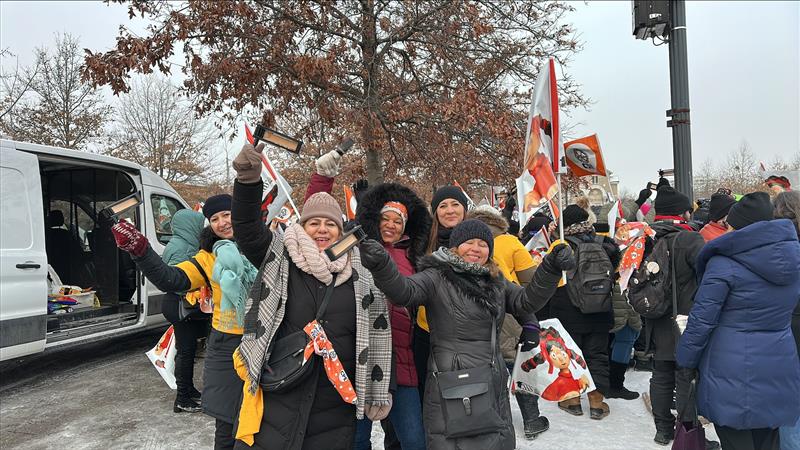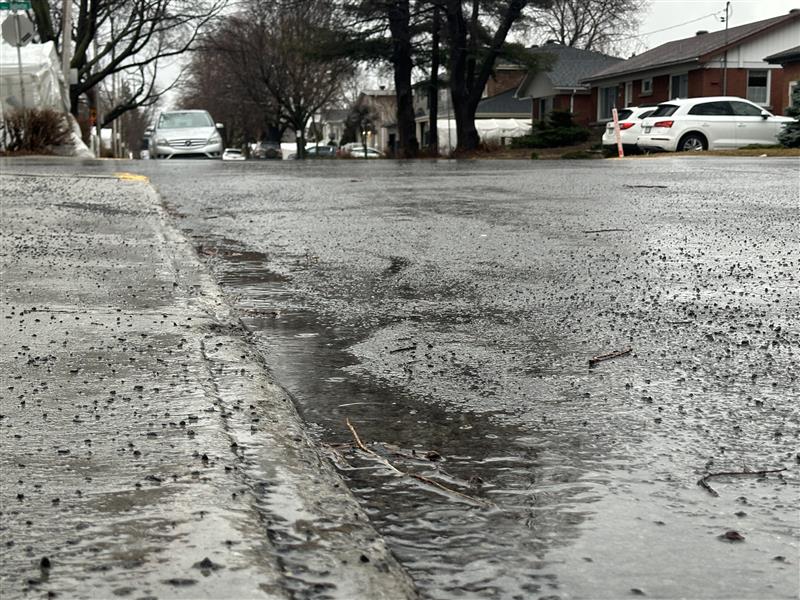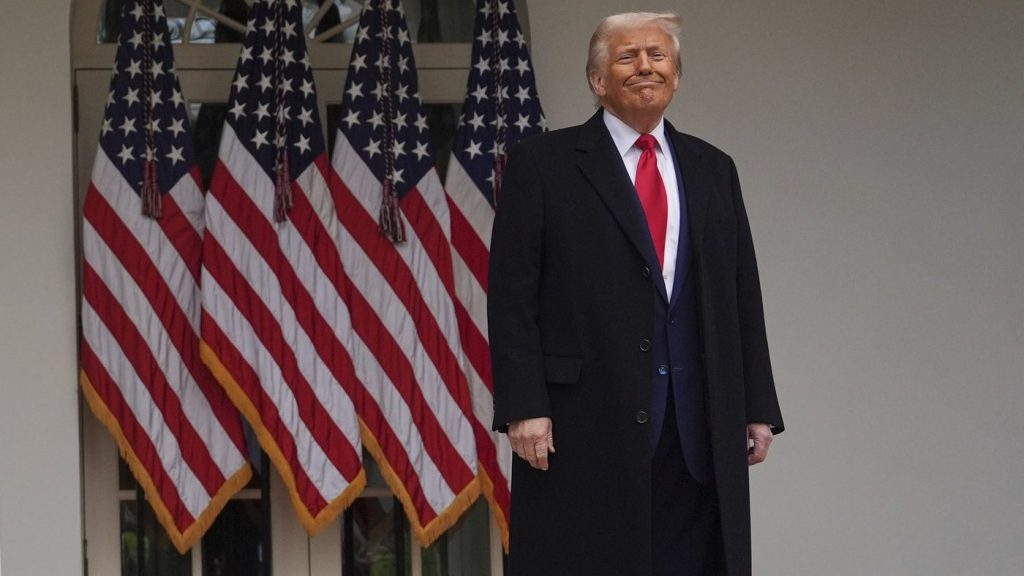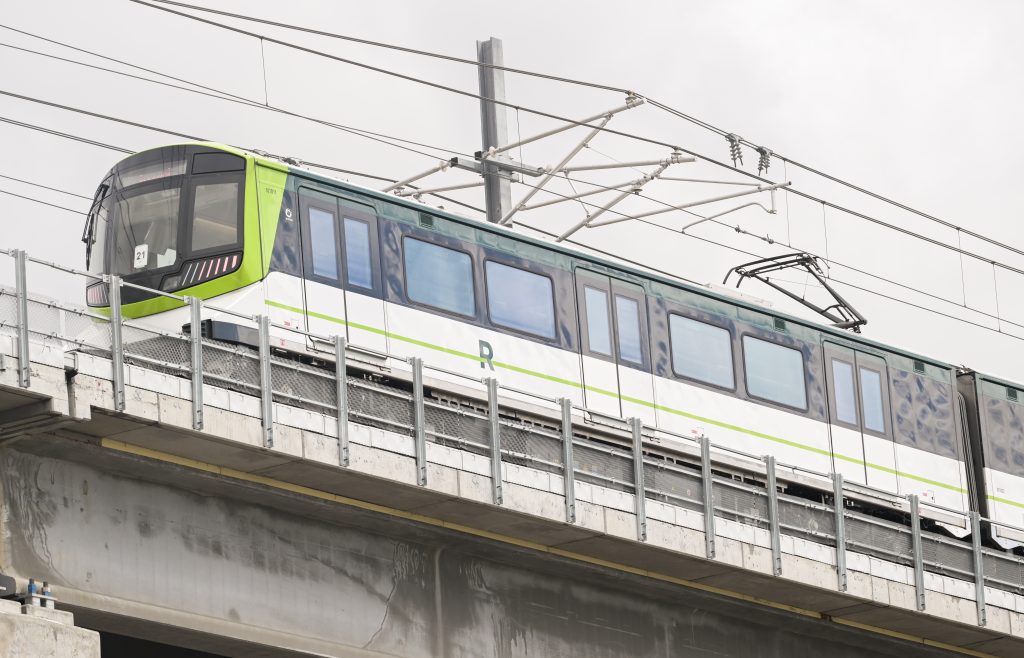‘I called 911’: Canadians react to quarantine rules upon arrival home from South Africa

Posted December 6, 2021 5:47 pm.
Last Updated December 7, 2021 1:55 pm.
Some Montrealers are speaking out about their treatment by Canadian officials after returning from South Africa.
“Upset, disappointed, tired,” said Peter Pfefferle. “You run from airport to airport. We actually had five flights booked.”
Pfefferle and Natacha Carpentier couldn’t wait to be back home after being stranded last week in South Africa following a humanitarian trip.
READ MORE: ‘You can’t go anywhere’: Canadians stuck in South Africa look for way out

The spread of the Omicron variant and travel restrictions left them with few options.
After finally finding a way home, they thought the worst was behind them, but say their treatment by Canadian officials upon arrival was shocking.
“When we landed, we knew we were going to go into quarantine. It’s just the way it was set up,” Carpentier told CityNews.
“It wasn’t coordinated, wasn’t professional when we went into the new hotel. They put us in taxis, they didn’t tell us where we’re going [and] were not allowed to say where we’re going to our kids or anybody.”
“It’s punishment, that’s how I see it,” added Pfefferle.
“Nobody can explain it to me — what’s the reason behind that. Don’t get me wrong, I was happy we only had to stay one day. I was expecting it, but what I was not expecting was that we’re being treated as enemies of the state.”
Peter and Natacha spent just over 24 hours in a hotel room awaiting PCR test results and say they felt like prisoners.
“After traveling for 26 hours, they held us four hours at the airport, we had nothing to eat until they finally gave us a bottle of water and they we came to the hotel and the same thing again,” Pfefferle said.
The couple spent three weeks in South Africa helping build schools there with Montreal-based foundation, team Frank Africa.
After making it home on a flight from Germany, they wondered why they couldn’t quarantine directly at home like others on the flight considering how many COVID tests they’d recently received.
“We had $1,500 dollars spent in PCR. We have PCR tests from the 28th all the way to (December) third. Everyday, it was just a nightmare,” said Pfefferle.
They say the nightmare continued when their last PCR test came back negative and they weren’t able to leave the hotel until a few hours later.
“I didn’t know what to do anymore, so I called 911. I called 911 and told them I’m held against my will. They told me the government is outranking them so I cannot do anything about it.”
The public health agency of Canada responded to CityNews’ request for a statement, saying because of privacy, specific cases could not be addressed, but added:
All rooms at the DQF are equipped with phones for out-bound calls, which travellers can use without restriction. Travellers who have cellular or other devices available are also welcome to use those to connect with family or friends if they wish.
Transportation to the quarantine site, lodging, meals/incidentals, as well as security and cleaning personnel are standard services for all DQF and are contracted to organizations that offer the required expertise.
Every traveller staying at a designated quarantine facility has access to 24-hour support and ongoing medical monitoring.
An onsite nurse completes daily health assessments with each traveller. Between check-ins and assessments, travellers are asked to monitor their health. Nurses can arrange for non-emergency medical appointments and additional medical attention at a nearby hospital if necessary.
Travellers bring their luggage with them to the DQF; however, in the event that a traveller has a connecting flight and is directed to quarantine or isolate in a DQF at their point of entry, it is possible that their luggage would transit on to the final destination. In this event, the traveller would work with the airline to have their luggage returned to them and PHAC would coordinate the delivery to their room.
The majority of test results are issued to travellers within 24-48 hours. Those in the DQF who are required to continue to quarantine or isolate will speak with a PHAC officer to ensure they have a suitable place prior to being released. PHAC is working to boost its capacity to release travellers as close to their test result as possible.
The couple are now able to finish the rest of their 14-day quarantine at home, but say they’re left with a bad taste.








